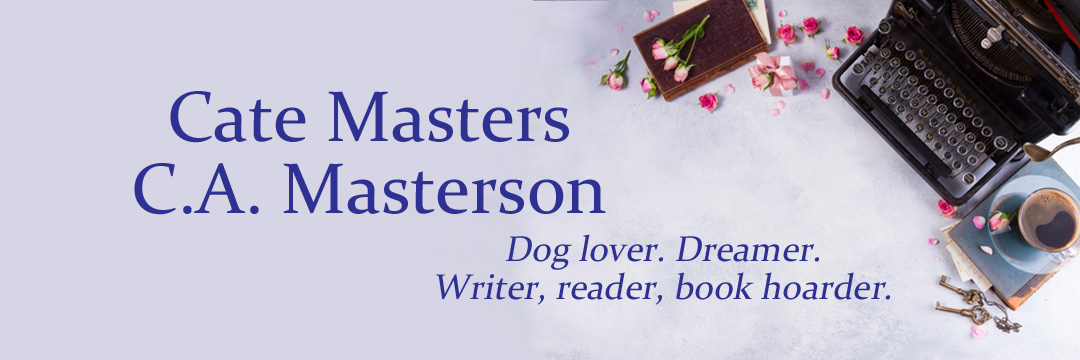You sit down in front of your computer, and the cursor is blinking on the screen, as if tapping its little foot, waiting impatiently for you to begin. But you're stuck. You'd started with great ideas and had been typing the words as fast as they flowed from your brain to your fingertips, but then--you became blocked. When one of the characters in the book I am currently writing bogged me down by rooting herself squarely in my path, I cowered at first. I had an image of her, but it was unclear and one-dimensional. And cardboard cutouts don't work well in novels.
I tried writing around her. This worked for a little while, but I still had to deal with her, finally, after I'd written all the other characters. She was stubborn, but I forced her into submission with a few tricks.
I tried calling her profane names, to loosen her up a little, but this only made me feel better for a short while. I tried forcing myself to write her, but this resulted in stiff, boring paragraphs that even I didn't want to read. I thought about why this character was such a problem. I decided that I couldn't get inside her head because I couldn't relate to her and just downright didn't even like her.
Writer's block, I believe, happens for a reason. Perhaps you don't know your character well enough to write about her. So you must use writer's block as a tool -- recognize that your subconscious is trying to tell you that you're not quite ready to commit to writing this character's story just yet. You need to get to better know some element of your story or a certain character before you can even begin it, let alone finish it.
That's what I did. Because my novel spans 30-odd years, I had already researched what happened during those years and created a timeline. But on the timeline, I made notations: what music the character might have liked, what current trends or fads the character may have followed, how she might have been impacted by the major events that occurred in the world. Next to each year, I noted her age -- obviously, a 5-year-old will perceive and react differently to any given situation than a 20-year-old would -- as well as what grade she would have been in, noting graduations and post-graduation events like marriages and pregnancies. I also jotted down notes about other events that may have occurred in this character's personal life. Even if I only used a fraction of this work, it still provided a framework that helped me to more fully construct the character and to get to know her better.This exercise was useful for not only this specific character, but for all the characters, giving better perspective and, in general, making the novel richer in detail and authenticity.
Next, I conducted an "interview" with the problem character. I asked her questions like what was important to her in her life, how she really felt about the people, situations and events in her life.
I did the same with the character's sister, her parents, her husband. Again, most of this was set aside, used mostly as a foundation from which I could write the character's real story.
After I had done all of this, I felt more ready to approach this character. She still was the least cooperative, but this character evolved into one of the most complex and interesting in the novel. I never did get to like her much, but I understood her much better. I was able to make her less of an outright bitch and show her faults, her fears --in other words, she became human. To me, it's fine to portray a character as a villain, but also convey to the reader the underlying issues that cause that character to react to the world in a certain way. This enriches the reading experience for them, and the writing experience for you.
Don't let writer's block paralyze you! It's always a good practice to walk away from your story for a little while, so you can approach it again with fresh perspective, and fill in any holes or flesh out characters or descriptions later that might seem a little thin upon a new reading. Recognize that writer's block is sometimes a necessity, a signal that your work needs refinement. Don't fear it-- use it to your advantage.
The above first appeared in The Writer’s online edition at www.TheWriterMag.com.
